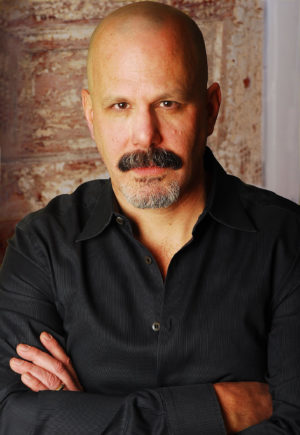 From arias and symphonies to Neapolitan streets songs and pop, Italian music cannot be categorized by style or genre. But if there is one word that sums up centuries of musical creativity, Robert Rodi may have found it: crescendo. In honor of this, Rodi has created a multi-genre musical production titled ’O sole mio.
From arias and symphonies to Neapolitan streets songs and pop, Italian music cannot be categorized by style or genre. But if there is one word that sums up centuries of musical creativity, Robert Rodi may have found it: crescendo. In honor of this, Rodi has created a multi-genre musical production titled ’O sole mio.
Based entirely on Italian music, it combines classical melodies such as “Core ‘ngrato,” “’O sole mio” and “Caro mio ben” and more modern favorites like “Al di la,” “lo che non vivo” and “Volare” with modern Italian pop like “Ancora, ancora, ancora.” These songs touch on three centuries, but they all have two things in common: the Italian language and emotional power that tugs at our romantic soul. While first and foremost a jazz singer, it was this emotional pull that convinced Rodi to mount this show.
“I love the feeling of jazz, I love being able to take a song and put it back together,” Rodi says. “But because I am Italian, I have Italian DNA that I calls out to me, ‘Crescendo, crescendo.’ But in jazz, you have to be cool; you have to pull back, so I decided, ‘Why not have a show all about crescendo? Why not have an all Italian night.’”
Besides a new avenue of artistic expression, Rodi also saw the production as a way to celebrate his Italian roots and to introduce Italian music to a new audience. A third generation Italian American, Rodi’s grandfather hails from Asiago, Veneto. Although there was much wine and food in the household, Rodi was not able to experience his Italian culture as a child.
“I grew up in Oak Brook, and at that time you couldn’t even find olive oil in most of the area stores,” says Rodi. “But the 1970s and ’80s saw a revival in ethnic culture.”
Rodi’s many trips to Italy served to fuel his ties to his native land. “I went to Asiago, and saw that everyone looks like my family,” Rodi says laughing.
An accomplished author who has published over a dozen books in various media and genres, Rodi’s early musical career was spent singing first rock and later jazz. But the music he heard on his trips to Italy planted a musical seed in his soul
The popularity of these melodies is emphasized in Rodi’s show as he pairs original, Italian-language songs with the “hit” English version. Some examples include: “lo che non vivo,” which became “You Don’t Have to Say you Love Me” by Dusty Springfield; “Alla fine della strada,” which Tom Jones turned into “Love Me Tonight”; and “O’ sole mio,” which was rewritten as “It’s Now or Never” for Elvis Presley.
“In Italy, people are always singing in the street,” Rodi says. “Sometimes it may be one person, sometimes people join in double and triple harmony, but music is always in the neighborhood. I am hoping that this will introduce the art of Italian street singing to a new audience.”
 Fra Noi Embrace Your Inner Italian
Fra Noi Embrace Your Inner Italian






